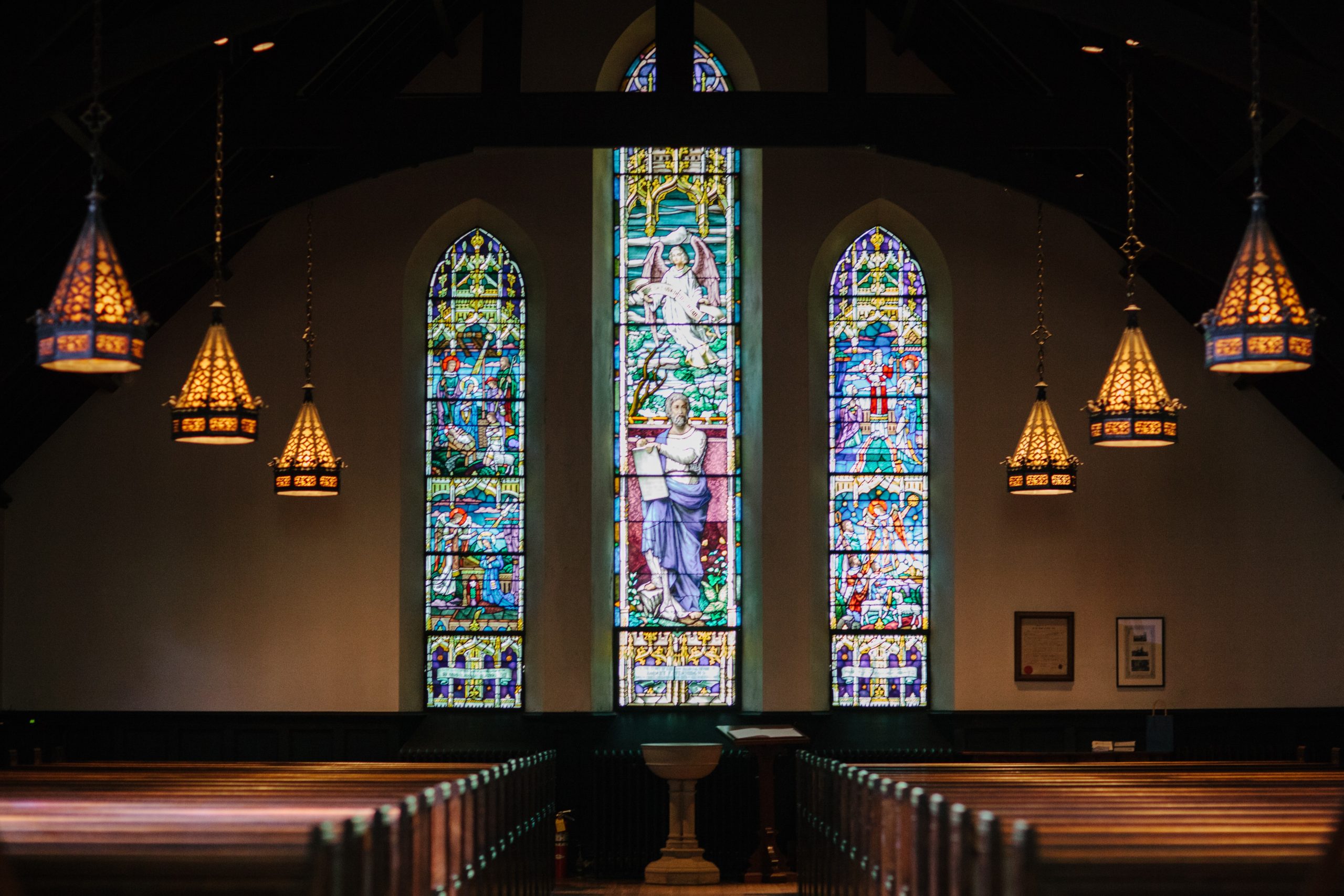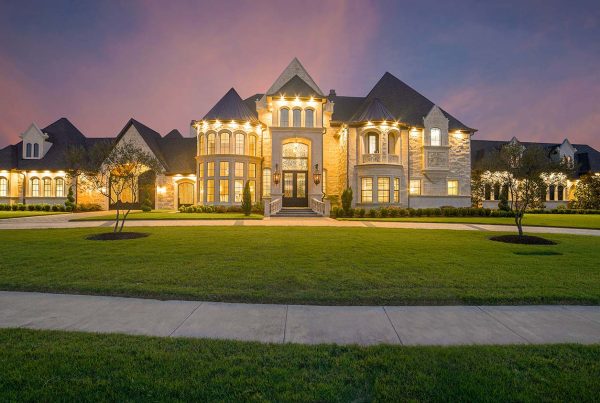This room has a lot of pictures of church buildings, Sunday school classes, and Christian conferences and conventions. (Like I said in the family room, I was a preacher’s kid. When I was young, I didn’t have much choice but to go to church.)
I realize that for many people, religion of any sort does not produce a positive image. Steven Pinker, a prominent professor of psychology at Harvard, highlights it this way: “Religions have given us stonings, witch-burnings, crusades, inquisitions, jihads, fatwas, suicide bombers, abortion-clinic gunmen, and mothers who drown their sons so they can be happily reunited in heaven” (How the Mind Works, 555). Of course, all of this is true.
More specifically, for many people the word “church” does not prompt a positive idea either. Many have had bad experiences with churches. They fight; they divide; they’re filled with hypocrites; etc.
It’s important, then, as we walk through this church community room that I be candid about what is there. For me, it includes some pictures with very depressing memories. When I was a teenager, I promised myself (and my future family) that I would never be a minister, because I saw how churches sometimes treated my dad, the preacher. It was unjust—arguably not at all “Christian.”
Ironically, I later became a youth minister (twice), a preaching minister, and a teacher in a Christian college where I have worked with many churches. I personally know about the hassles and the hypocrisy in a church. If you are bothered by this, so am I.
But we are not alone. Jesus himself condemned such hypocrisy and injustice done in the name of religion. Read about it in the New Testament Gospels: Matthew (especially chapter 23 for instance), Mark, Luke, and John. In addition, the writers of the New Testament letters sharply denounced professing Christians for their “unchristian” ways of living.
Sure there are people in Christian churches who are not what they should be. But the “church community” I am thinking of has so many others who are radically changed people. They were addicts of sex and drugs; their marriages were near collapse; they had little meaning in life; they were insensitive and abusive toward others; and they were outright selfish. Now, they are fundamentally different. Do they still have their struggles? Yes. But they are not the same people they were before.
The church community I am thinking of—the one that bolsters my belief in Christianity—is one that conscientiously seeks to follow the teachings of Jesus and the prescribed principles in the New Testament. And I know of many churches that are doing that, in spite of the fact that none of them are perfect.
This community of Christians feeds the hungry; clothes and gives gifts to the poor; improves the quality of neighborhoods; visits the sick; provides food for families at funerals; gives aid in times of disaster; helps strengthen and even save marriages; makes short-term trips in foreign countries to build houses, dig ditches, and provide medical care; financially supports those who are willing to move to a different culture to improve the spiritual and social condition of others; sits with anxious family during serious surgeries; and cries with those who have just lost a loved one.
If you are not aware of churches filled with people like that, you have either not been looking or you have been looking in the wrong places.
Do non-Christians do many of these same things? Sure. And they do so for a number of good reasons. But the Christian community that strengthens my belief in God ultimately does such things because of their commitment to follow Jesus and His example. It is not just a commendable set of social strategies, personal preferences, or philanthropic actions. It is ultimately driven by the call to love others because we love God; and we love God because He first loved us (see 1 John 3:11-18,23; 4:19-20).
This church community room gives me a place to love and be loved—a place to serve and be served. It’s one key reason why I believe in God and am drawn to the Christian way of life.
Go to the Tour Welcome and the List of Rooms.
Go to the Next Room, my Theology Room.





